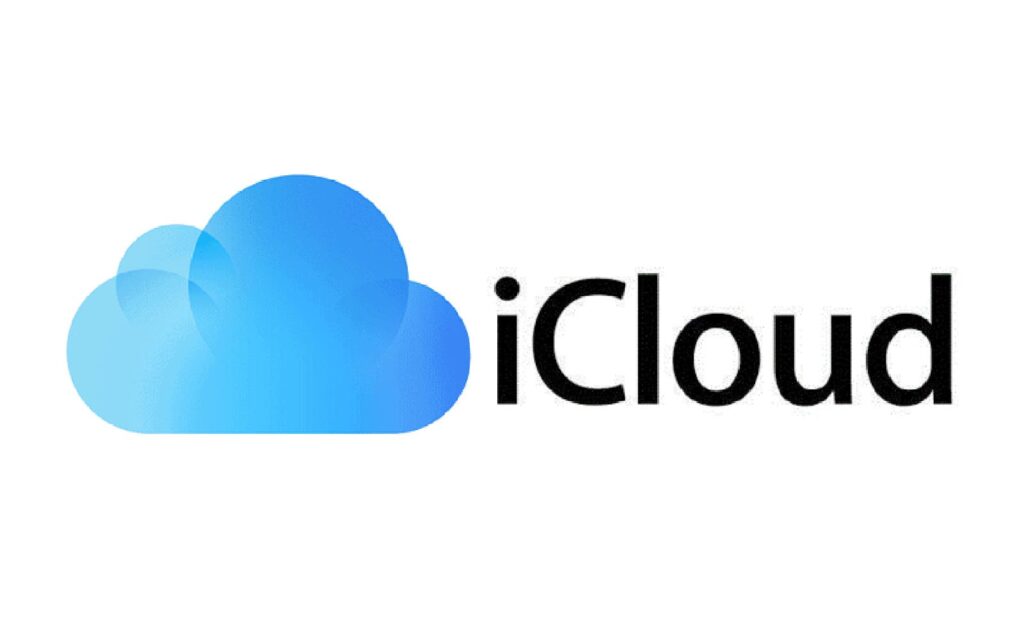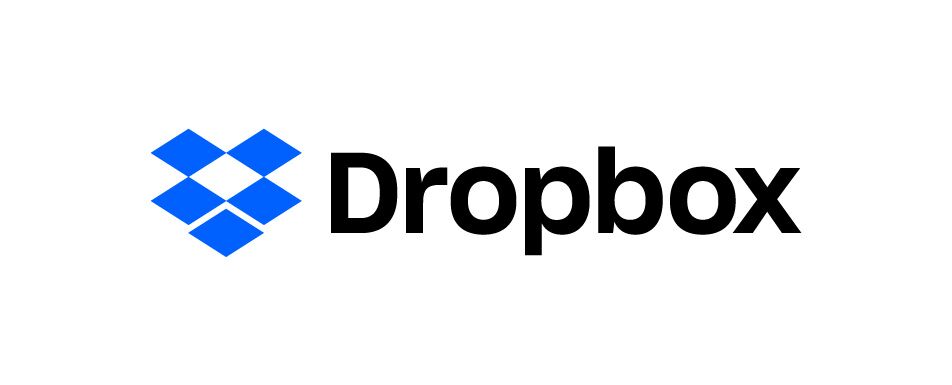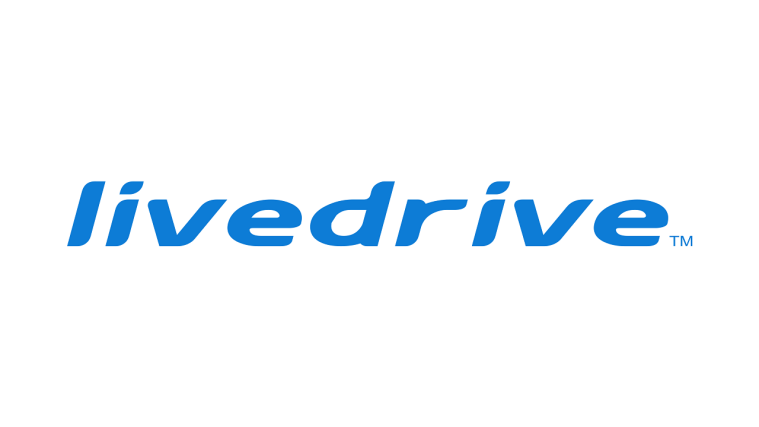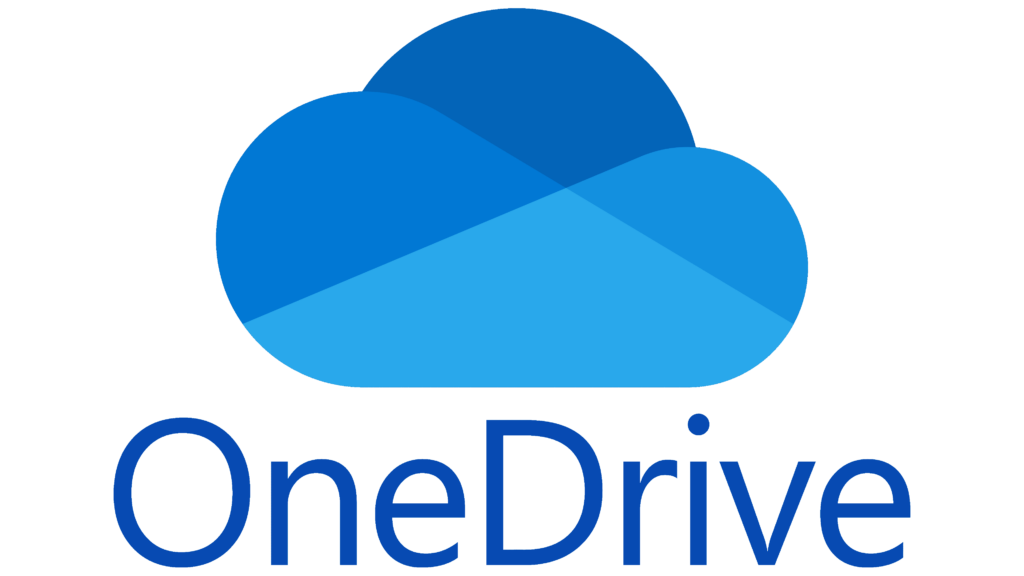What’s cloud storage?
Cloud storage means storing knowledge and functions on distant servers and accessing them through the web, versus saving or putting in them in your workplace server.
The time period cloud is used when knowledge is saved on distant servers owned by different corporations.
With cloud computing, all of your knowledge will be saved on the successfully infinite house of the web relatively than on space-limited laborious drives on premises.
Cloud storage may also be accessed wherever in your desktop, laptop computer, cell phone or pill. None of your corporation data is confined to single laborious drive, server or location.
Even when one server goes down, you may nonetheless entry your knowledge as a result of it will even be held in one other server. This manner, you keep away from the catastrophe of knowledge loss if your personal onsite server went down.
>See additionally: Best UK small business accounting software 2019 – review guide
How does cloud storage work?
Whenever you add a file right into a cloud-based service similar to Google Drive or iCloud, the file will get copied over the web into an information server. Knowledge servers are the place corporations retailer your recordsdata on a number of laborious drives. Most corporations have hundreds of those servers generally known as server farms spanning a number of areas, so if one goes down you received’t lose your knowledge as a result of it is going to be backed as much as one other location. That is called “redundancy” and it retains your knowledge from getting misplaced.
The backend of a cloud storage system consists of knowledge storage, a central server and laptop community. The central server displays the system, monitoring demand and ensuring the whole lot is working easily.
Are you able to lose knowledge within the cloud?
After all, it’s potential for particular person cloud servers to fail on account of bodily harm to the {hardware}. However whereas servers and even complete server farms may exit of motion, it will be virtually unimaginable for the cloud in its entirety to crash. The cloud, very like the web, isn’t one single system reliant on one single connection.
>See additionally: Best payment processors for UK small businesses – 11 of the best
Cloud storage vs. onsite server – execs and cons
Cloud storage execs
- All the time-on, 24/7 entry to knowledge
- Extraordinarily unlikely to have an outage or lose knowledge
- Limitless capability
- Enterprise-level safety
- Entry your knowledge on any machine
- Others are accountable if issues do go incorrect
- Reduces IT issues and prices – you don’t want your workplace computer systems to be hi-specification, simply to have the ability to hook up with the web.
- Saves bodily workplace house
Cloud storage cons
- Though a month-to-month charge per 12 months appears innocuous, it might probably shortly ramp up into hundreds of kilos annually
- Shopping for your personal server may cheaper within the long-term
- Your knowledge is the property of a 3rd get together
- Hazard of a high-profile firm similar to Google or Microsoft getting hacked
- Cloud storage corporations, being non-public, can unilaterally delete accounts
- You want an web connection, which suggests knowledge will be stolen in transmission.
Onsite server execs
- Quicker than cloud-based storage, which depends upon broadband connectivity velocity
- Places you in management
- Determine your personal stage of safety
- Cheaper within the long-term
- Management who has entry to server knowledge
- Doesn’t want web connection
- Disconnecting your server from the community retains your knowledge protected from assault
Onsite server cons
- Weak to fireside and theft
- Full lack of knowledge if one thing goes incorrect
- Costly and troublesome to insure
- Tech goes old-fashioned shortly
- Your duty to take care of and improve
How to decide on the best cloud storage
Most of the seven suppliers listed under provide related providers. It could be best to easily go along with the one you firm already makes use of as its office-suite resolution. So, you probably have PCs then go for OneDrive; if you happen to’re already utilizing Gmail, then go for Google Drive; if you happen to’re an Apple-based firm, then go for iCloud.
When you determine on a supplier, three inquiries to ask:
- What number of customers will want entry?
- How a lot cloud storage will your organization want?
- Does your cloud storage supplier run its personal knowledge centre?
What’s the finest free cloud storage?
To tempt you, small enterprise cloud storage suppliers provide free house within the cloud. Google Drive provide as much as 15GB of on-line space for storing free of charge. In case you suppose that 1GB is equal to roughly 7,000 Phrase pages. At 15BG, that’s the equal of 105,000 Phrase pages. Dropbox by comparability gives solely 2GB of house free of charge.
BT Cloud goes even additional, bundling as much as 1TB (1,000 GBs) with broadband subscriptions, so the month-to-month price is sunk. Ditto OneDrive, which bundles storage of 1TB and up per person with its month-to-month Workplace 365 subscription.
How a lot does 1TB of cloud storage price?
OneDrive gives the most cost effective 1TB of storage at £5.99 per person per 30 days however iCloud gives double that capability at 2TB for simply 67p extra a month. Costliest is Google Drive at £8.28 a month.
Small enterprise UK cloud storage tariff comparability per person/per 30 days
| Firm | Free | 30GB | 100GB | 200GB | 1TB | 2TB | 6TB |
|---|---|---|---|---|---|---|---|
| Apple iCloud | 5GB | £2.49 | £6.99 | ||||
| Field | 10GB | £4* | £12* | ||||
| Dropbox | 2GB | £7.99 | |||||
| Google Drive | 15GB | £4.14 | £8.28 | ||||
| Livedrive | £35 | £110 | |||||
| OneDrive | 5GB | £1.99 | £5.99** | £7.99** | |||
| *Minimal three customers/no most. Limitless storage above 100GB | |||||||
| **Comes with Workplace 365 | |||||||
| ***Relying on broadband allowance. Further 50GB £3 p/mo. Further 500GB £9 p/mo. | |||||||
| ****Solely obtainable on yearly plans |
Sources: firm web sites

Apple iCloud – finest for iOS and Mac OS
As a result of it integrates so seamlessly with all of Apple’s merchandise and units, iCloud is the perfect storage resolution for somebody who runs their enterprise on end-to-end Apple: laptops, cell phones and iPads, who works on Apple’s personal model of Workplace (Pages, Numbers and Notes). Plus, iCloud is a user-friendly, dependable service.
In case you’ve ever purchased an Apple machine, you have already got an iCloud account. That iCloud account is already cut up into two: one for storing Apple app knowledge and the opposite for extra common storage, known as iCloud Drive.
And since iCloud is so firmly wedded to the iOS setting, it makes little sense to run it on Home windows, as it’s so restricted in comparison with OneDrive for PC customers. You can not even create an iCloud for Home windows account on a PC until it has already been used on an iOS or MacOS machine.
Vice-versa, there is no such thing as a means you may double-click on a Microsoft Workplace doc if you wish to learn it instantly in your Apple machine. All you are able to do is obtain them.
Like OneDrive and Amazon Drive, iCloud gives 5GB of storage free of charge, after which you have to migrate to a sensibly priced paid-for plan. Nonetheless, that 5GB consists of iOS working system backups, consuming into your allowance.
Professionals:
- Specifically designed for Apple {hardware}, seamless integration
- Privateness – Apple doesn’t know or have entry to the encryption key iCloud encrypts your knowledge with. That’s linked to your Apple ID.
Cons:
- You can not run iCloud for Home windows with out creating an account on an Apple machine
- No official Android app
- You possibly can solely share particular person recordsdata with different customers however not folders
Worth:
Free – 5GB
200GB – £2.49
2TB – £6.99

Box – finest for medium-sized corporations
Overview:
Box’s focus is on collaboration, so it’s geared toward medium-sized and enterprise-level corporations versus sole merchants or microbusinesses. Organisations that use Field embody BT and the Metropolitan Police, in addition to multinationals like Coca-Cola, Hole and Toyota.
Moderately than only a vanilla cloud storage system, Field acts as a central content material hum, letting staff use productiveness software program similar to Workplace 365 and Google Suite, Salesforce buyer relationship administration (CRM) and Oracle NetSuite enterprise administration software program (ERP). Not like a barebones system similar to Amazon Drive, you would not have to obtain recordsdata to open them up once more.
Additionally you may add context to recordsdata via Field’s Notes app, which acts as a type of workflow administration system (CMS), enabling you so as to add standing updates on paperwork, create advertising plans, venture outlines and each day to-do lists, drafts for weblog posts, assembly notes, and so on.
Though Field gives 10GB free storage, its £12 per person p/mo Enterprise Plan jumps as much as limitless storage, offering you might have no less than three customers.
Professionals:
- Enterprise-grade safety
- Password safety, expiry dates
- Workflow administration instruments
- Integrates with Workplace 365, Google Suite, Salesforce, Adobe Signal
- Works on PC, Mac and Android
Cons:
- No password safety or expiry hyperlinks for modifying
- Recordsdata on its servers are unencrypted
- 250MB file add restrict on free model
Worth:
Free – 10GB
100GB – £4 per person p/mo
Limitless – Enterprise £12 per person p/mo; Enterprise Plus £20 p/mo

Dropbox – finest for safe file sharing
Overview:
Launched again in 2008, Dropbox is likely one of the largest names in UK small enterprise cloud storage. Many small companies use Dropbox to allow colleagues to see recordsdata and knowledge on a number of units. Its easy, dependable file-syncing and storage service allows real-time on-line doc collaboration.
Nonetheless, since then Microsoft has bundled OneDrive with its month-to-month Workplace 365 subscription (2014) and Google has launched Google Drive (2015), each of which have eliminated the necessity for a separate cloud storage supplier.
Then again, loads of unbiased apps maker solely sync cell variations via Dropbox, not desirous to be in thrall to the dominant tech gamers.
Plus, Dropbox’s 3TB £16.58 per 30 days Skilled plan permits password safety and expiry dates on shared doc hyperlinks.
Professionals:
- Easy file synchronisation.
- Apps for almost each working system.
- Tight OS integration.
- Helps file-sharing.
- Exhibits motion historical past
- Permits entry to deleted recordsdata and earlier variations.
- Simple to put in
Cons:
- Costly in comparison with Google Drive and Microsoft OneDrive.
- Options that come as normal in free variations of Google Drive and OneDrive are locked behind paywall
Worth:
Free – 2GB
2tB- £7.99

Google Drive – finest for collaborating in small groups
Overview:
What initially put Google Drive within the lead, forward of different cloud storage suppliers, was its performance, which allowed two or extra customers to live-edit a doc. Invaluable if you happen to’re co-writing a chunk or group modifying with a number of stakeholders. Nonetheless, since then different cloud-storage suppliers similar to OneDrive additionally provide this performance.
As a rule of thumb, if you happen to use Google as your ecosystem, it is smart to Google Drive; vice-versa for PCs already subscribing to Workplace 365 and OneDrive.
Professionals:
- 15GB comes free of charge
- Comes bundled with Google Docs, Sheets and Slides – Google’s equal of Workplace 365
- Finest third-party app integration
Cons:
- Much less sturdy encryption than Dropbox (128-bit AES vs. 256-bit AES)
- OneDrive has extra options and extra intuitive performance
- Privateness – Google collects different info out of your on-line exercise to serve you focused adverts.
- All recordsdata saved on Google Drive will be scanned by Google, which suggests your knowledge could possibly be deleted if it contravenes the platform’s phrases of service
- No password safety on shared recordsdata.
Worth:
Free – 15GB
30GB – £4.14
1TB – £8.28

Livedrive
Overview:
Livedrive’s complete enterprise cloud providers come really helpful by PCWorld and The Wall Avenue Journal. The UK-based cloud service gives an easy-to-use interface, the place you’ll be capable of entry and edit your recordsdata wherever, utilizing any machine.
Companies also can again up particular person workplace computer systems, holding necessary info and recordsdata safe. Because of this if a pc or different firm machine breaks, its recordsdata will be simply restored.
Livedrive is SOC2 (Techniques and Organisational Management) licensed, and claims to have “bank-level safety” with a 24/7 bodily safety presence.
Professionals:
- Robust stage of safety together with bodily presence
- Again up particular person work computer systems
- Share massive recordsdata throughout Apple, Android and Home windows units
Cons:
- Small quantity of packages obtainable
Worth:
Enterprise Specific – £35 per 30 days
Enterprise Commonplace – £110 per 30 days

Microsoft OneDrive – finest for Workplace 365 customers
Overview:
Microsoft’s OneDrive began out as SkyDrive again in 2007. Immediately, OneDrive has turn out to be one of many three dominant cloud providers alongside Google Drive and Dropbox.
In comparison with Google Drive’s 15GB of storage free of charge and Dropbox’s niggardly 2GB, OneDrive sits between the 2, providing 5GB to customers free of charge. You possibly can improve that as much as 100GB for simply £1.99 per 30 days. And if you happen to migrate to Microsoft’s Office365 ubiquitous software program suite (Phrase, Excel, and so on.) you get 1TB of OneDrive storage thrown in at £5.99 for one person.
Professionals:
- First 5GB of storage is free
- Works seamlessly with Workplace 365 and as much as 1TB of storage bundled with month-to-month subscription
- Simple to make use of
- Works on Android and iOS in addition to PC
- Password safety provided on free plan
- 2-factor safety authentication
Cons:
- Particular person file dimension restrict of 10GB
- Microsoft stays the number-one-targeted firm for hackers.
- Syncing between completely different variations of recordsdata will be glitchy
- No file encryption as soon as recordsdata are uploaded to Microsoft’s servers until you might have a Enterprise subscription
Worth:
Free – 5GB p/mo
100MB – £1.99 p/mo
1TB – £5.99 p/mo
6TB – £7.99 p/mo











